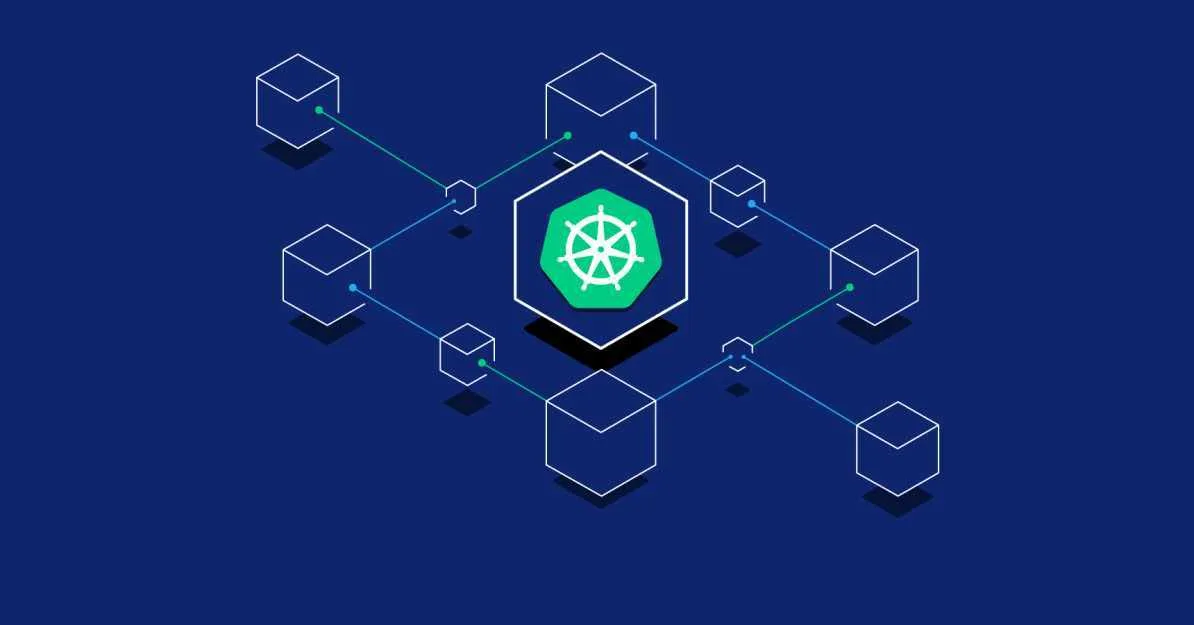94% of enterprises say that ransomware attacks in Kubernetes environments are a risk, yet businesses are dangerously slow to extend data protection solutions
Veritas Technologies, a leader in multi-cloud data management, today announced the results of a new study revealing that the majority of enterprises are underprepared to face threats against their Kubernetes environments. Kubernetes is being rapidly deployed into mission-critical environments in enterprises around the world, the research showed, with 85% of organisations expecting to deploy the technology in the next two to three years, and almost a third already relying on it today. However, just 30% of organisations who have deployed Kubernetes so far have tools in place to protect against data-loss incidents such as ransomware.
The research, which gathered the opinions of 1,100 senior IT decision makers from Australia and around the world, found that 56% of organisations who had deployed Kubernetes had already experienced a ransomware attack on their containerised environments, while a staggering 94% of respondents said that ransomware attacks on Kubernetes environments are an issue for their organisations today.
Pete Murray, Managing Director, ANZ at Veritas, said: “Kubernetes is easy for enterprises to deploy, and quickly improves affordability, flexibility and scalability. To enhance data portability and movement in the hybrid workplace, it’s no surprise that many are embracing containerisation. However, because deployment is so simple, organisations can easily surge ahead faster with their Kubernetes implementation than their Kubernetes protection. Suddenly, they’re faced with more than two-thirds of their mission-critical Kubernetes environments completely unprotected from data loss, and Kubernetes has become the Achilles heel in the organisation’s ransomware defence strategy.”
Siloed solutions
Organisations are missing the opportunity to deliver rapid protection to these at-risk data sets by failing to extend their existing data protection from their traditional workloads out across their containerised environments. Just 46% of organisations are currently following this model while the rest are complicating their protection environments with stand-alone products for some, or all, of their Kubernetes protection. They are doing this despite the fact that 100% of respondents believe that there would be benefits to taking an integrated approach. This could be because nearly half (41%) of respondents said that they know little or nothing about solutions that could protect data across traditional, virtual and Kubernetes environments.
The biggest risks associated with siloed data protection solutions were identified by the research as ‘a more complex or lengthy data restore process after a data-loss incident’ and ‘higher cost of deploying multiple solutions’. Meanwhile the most compelling reasons amongst respondents for adopting a single solution to protect data against data loss and ransomware attacks were ‘cost savings over deploying multiple solutions’ and ‘a simplified restore process’.
More protection in the future
The research shows that organisations expect to be able to achieve better protection of their Kubernetes environments over time, with 19% of organisations believing that ransomware will not be an issue here five years on. This aligns with increased spending on protection for containerised data. Organisations expect to be spending an average of 68% more in this area in five years’ time than they do today, which will leave none of them without data protection in place for their mission-critical Kubernetes environments. 54% of organisations expect that future investment in their protection infrastructures will leave them “very well prepared” for ransomware attacks on Kubernetes environments in the next five years.
Murray continued: “It’s clear that Australian organisations understand the value of protecting the mission-critical data that they’re using in their Kubernetes environments. While it seems they’ll eventually get the protection that they need, it is imperative for them to strengthen their cyber resiliency before more and more ransomware variants emerge over that time to target Kubernetes and take advantage of this Achilles heel. Too many organisations are missing the simple solutions to extend their current data protection platforms to their Kubernetes environments today, leaving them in an unenviably vulnerable position.”







